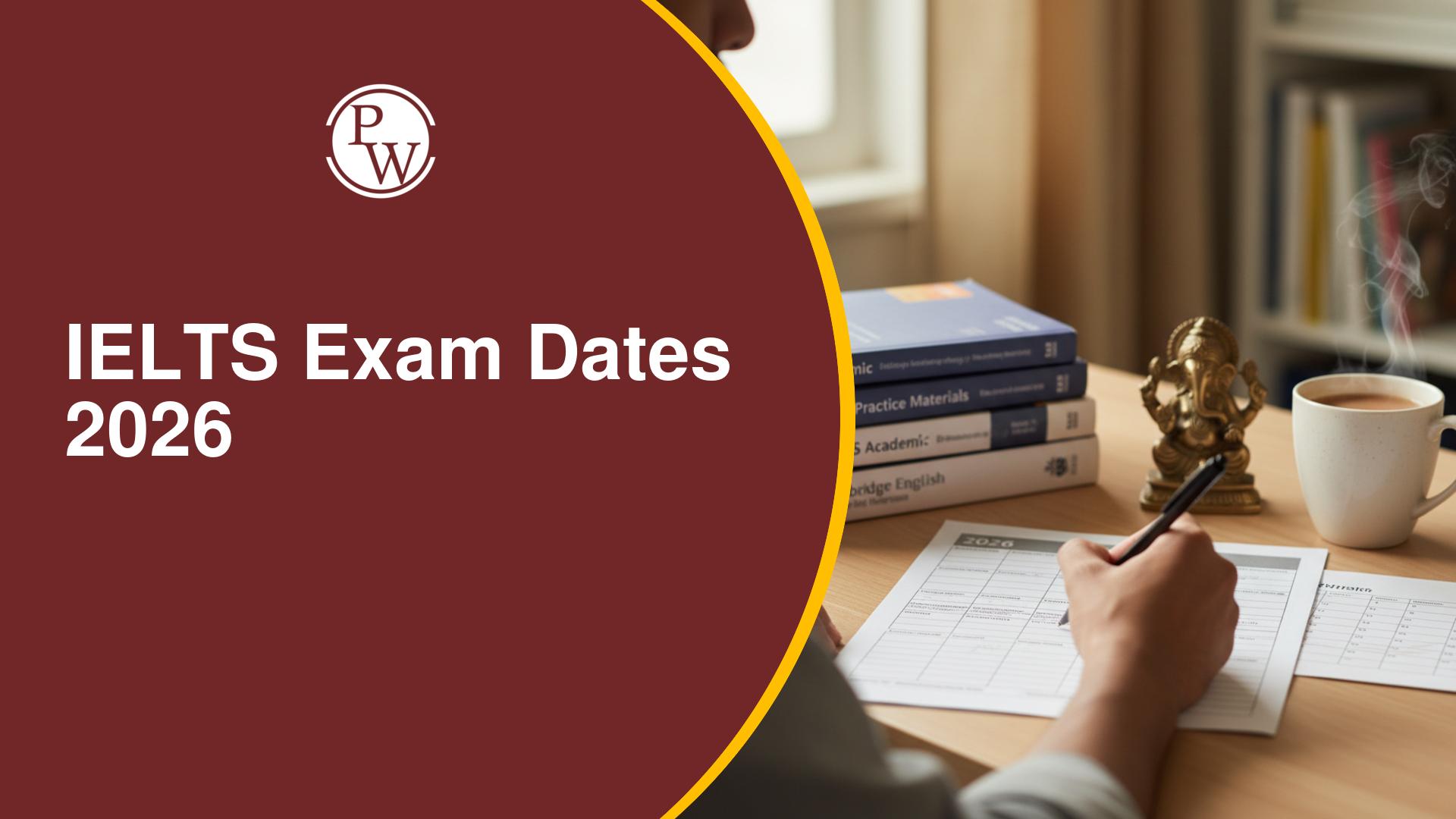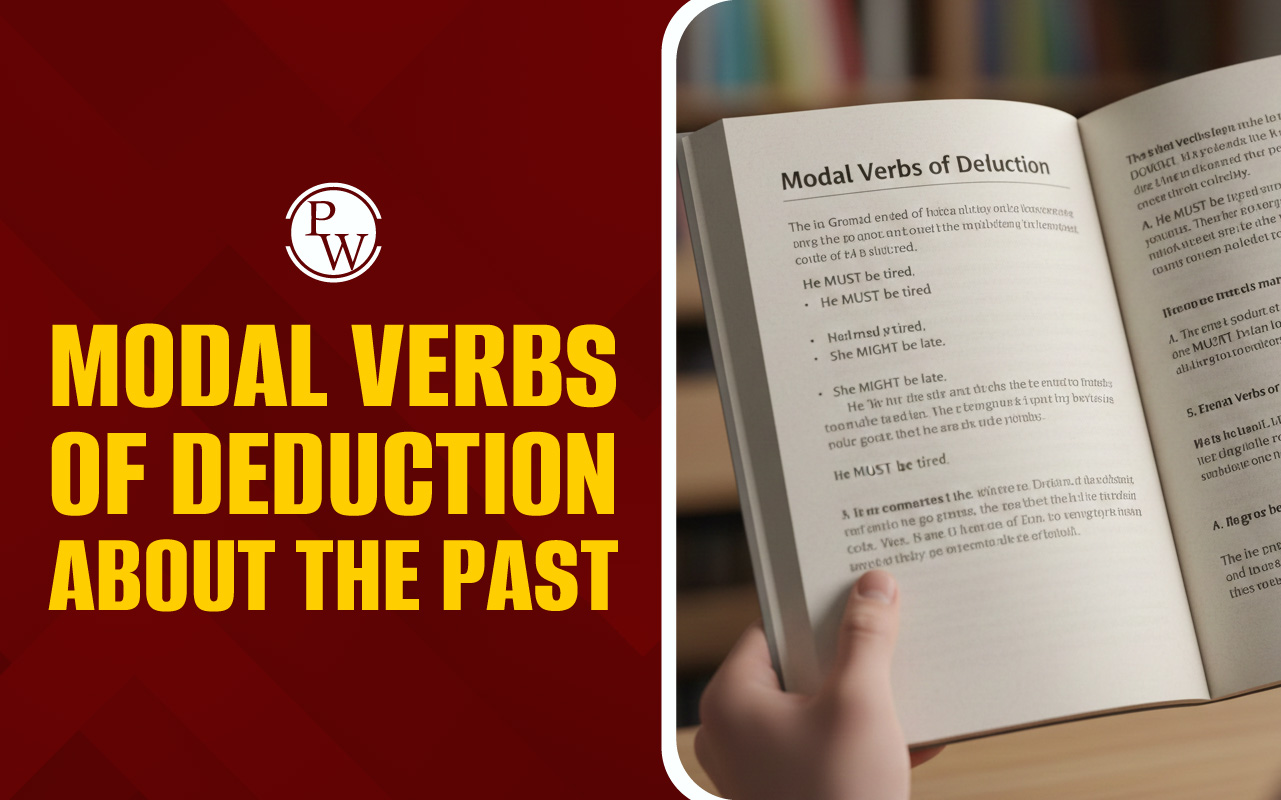
IELTS Speaking Myths: The IELTS Speaking test is a vital component of the International English Language Testing System (IELTS). It assesses a candidate’s spoken English abilities and consists of three parts that evaluate various aspects of communication, including fluency, coherence, vocabulary, grammar, and pronunciation.
Despite being a straightforward test, many misconceptions surround the IELTS Speaking section, leading to unnecessary stress and confusion among candidates. These IELTS Speaking Myths often discourage students or mislead them into preparing incorrectly, potentially affecting their performance. In this article, we will shed light on these myths to provide a clearer understanding of the IELTS Speaking test and guide you toward effective IELTS Speaking preparation .IELTS Speaking Myths
When preparing for the IELTS Speaking test, students often hear various myths that can cause unnecessary stress and confusion. These myths can make you doubt your abilities and affect your preparation. However, it's essential to know what's true and what's not, as this can significantly impact your performance. In this article, we will debunk some common myths to help you prepare confidently and perform your best on the IELTS Speaking test.Top 7 IELTS Speaking Myths
IELTS Speaking Myth 1: You Need a British or American AccentIELTS Speaking Difficulty Level
The IELTS Speaking test might seem daunting, but it's not as challenging as some myths suggest. The test consists of three parts, and each part is designed to assess different aspects of your speaking ability. Part 1 involves general questions about yourself, Part 2 requires you to speak on a given topic, and Part 3 involves a discussion. Understanding the format and practicing regularly can make the test much more manageable. It's important to remember that the examiners are friendly and want you to do well. With proper preparation and by avoiding common misconceptions, you can perform confidently on the test. For students seeking comprehensive preparation, PW IELTS Online Coaching offers an excellent option. The coaching program provides personalized guidance and practice, helping you develop the skills needed for the IELTS Speaking test. With experienced instructors and a flexible schedule, you can prepare effectively from the comfort of your home.Common IELTS Speaking Mistakes to Avoid
To further strengthen your preparation, avoid these typical errors:- Speaking too fast or too slow
- Giving very short or one-word answers
- Focusing only on vocabulary and neglecting fluency
- Ignoring pronunciation practice
- Not elaborating on your responses
How to Improve Your IELTS Speaking Score
Here are some practical strategies:- Practice with a partner or tutor: Simulate real test conditions.
- Listen and speak regularly: Use podcasts, English films, or online conversation groups.
- Expand your vocabulary: Focus on topic-specific words (e.g., education, environment).
- Work on your pronunciation: Use tools like speech recognition apps or mirror practice.
- Get feedback: Record your responses and analyze them or ask someone fluent for input.
Guidance of PW IELTS
Physics Wallah offers multiple online IELTS courses for all students. Follow the IELTS pages to better prepare for the exam.
| What is IELTS Exam? | Documents Required for IELTS Registration |
| IELTS exam eligibility requirements | IELTS Exam Fees |
| IELTS test results | IELTS Exam Pattern |
IELTS Speaking Myths FAQs
Q 1. Is it important to have a specific accent in the IELTS Speaking test?
Ans. No, you do not need a specific accent for the IELTS Speaking test. The examiners understand various accents and focus on effective communication.
Q 2. Do I need to sound like a native speaker to score well?
Ans. No, you do not need to sound like a native speaker. The test assesses your ability to convey ideas clearly, regardless of your accent.
Q 3. Will memorizing answers improve my score?
Ans. Memorizing answers is not recommended, as examiners can identify rehearsed responses. It's better to practice natural conversation.
Q 4. Are the examiners trying to trick me?
Ans. No, the examiners are not trying to trick you. They aim to assess your speaking ability fairly.
Q 5. Should I use complex language to score higher?
Ans. It's more important to use clear and natural language than to use complex language unnecessarily. Focus on effective communication.
Q 6. Is the IELTS Speaking test very difficult?
Ans. With proper preparation, the IELTS Speaking test is manageable. The topics are based on everyday situations, and practice helps.
Q 7. Can I ask the examiner to repeat a question?
Ans. Yes, you can ask the examiner to repeat or clarify a question if you don't understand it.
Q 8. How can PW IELTS Online Coaching help me?
Ans. PW IELTS Online Coaching provides personalized guidance and practice, helping you prepare effectively for the IELTS Speaking test.
Talk to a counsellorHave doubts? Our support team will be happy to assist you!

Free Learning Resources
PW Books
Notes (Class 10-12)
PW Study Materials
Notes (Class 6-9)
Ncert Solutions
Govt Exams
Class 6th to 12th Online Courses
Govt Job Exams Courses
UPSC Coaching
Defence Exam Coaching
Gate Exam Coaching
Other Exams
Know about Physics Wallah
Physics Wallah is an Indian edtech platform that provides accessible & comprehensive learning experiences to students from Class 6th to postgraduate level. We also provide extensive NCERT solutions, sample paper, NEET, JEE Mains, BITSAT previous year papers & more such resources to students. Physics Wallah also caters to over 3.5 million registered students and over 78 lakh+ Youtube subscribers with 4.8 rating on its app.
We Stand Out because
We provide students with intensive courses with India’s qualified & experienced faculties & mentors. PW strives to make the learning experience comprehensive and accessible for students of all sections of society. We believe in empowering every single student who couldn't dream of a good career in engineering and medical field earlier.
Our Key Focus Areas
Physics Wallah's main focus is to make the learning experience as economical as possible for all students. With our affordable courses like Lakshya, Udaan and Arjuna and many others, we have been able to provide a platform for lakhs of aspirants. From providing Chemistry, Maths, Physics formula to giving e-books of eminent authors like RD Sharma, RS Aggarwal and Lakhmir Singh, PW focuses on every single student's need for preparation.
What Makes Us Different
Physics Wallah strives to develop a comprehensive pedagogical structure for students, where they get a state-of-the-art learning experience with study material and resources. Apart from catering students preparing for JEE Mains and NEET, PW also provides study material for each state board like Uttar Pradesh, Bihar, and others
Copyright © 2026 Physicswallah Limited All rights reserved.






